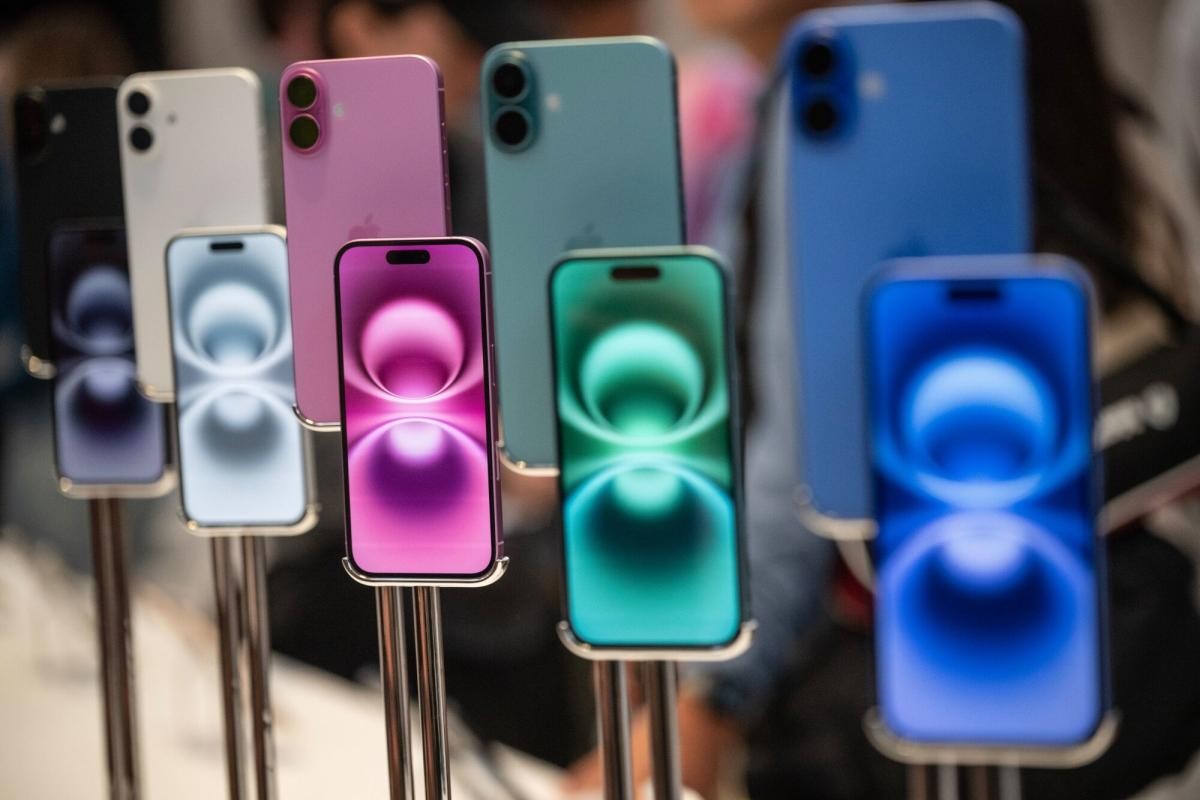
Indonesia has issued a steep demand to Apple: invest $1 billion within a week or face continued sales restrictions on the iPhone 16. The ultimatum comes after Indonesia banned the latest iPhone model for failing to meet local content requirements.
The Indonesian government requires that 40% of smartphone components be sourced domestically - a threshold the iPhone 16 did not meet. Apple's initial offer of $10 million and later $100 million in investments were promptly rejected as insufficient.
"You get benefits here. You invest here and create jobs," stated Investment Minister Rosan Roeslani, emphasizing that Apple needs to establish manufacturing facilities in Indonesia rather than simply making monetary contributions.
While Apple has maintained developer academies in Indonesia since 2018, the company lacks manufacturing operations in the country. This stands in contrast to competitors like Samsung and Xiaomi, who have successfully established local production facilities.
For Indonesian consumers, the ban means iPhone 16 models can only be purchased from Singapore with additional import fees of around $155 per device. The restrictions also affect Google's Pixel 9 series phones.
The situation adds complexity to Apple's Asian manufacturing strategy as it seeks to reduce dependence on China. While some iPhone production has moved to India, Indonesia's demands could reshape Apple's presence in Southeast Asia's largest economy.
The clock is ticking for Apple to respond to the $1 billion investment requirement. Accepting could open new opportunities in Indonesia's growing tech market, while refusing risks ongoing sales restrictions in this key region.